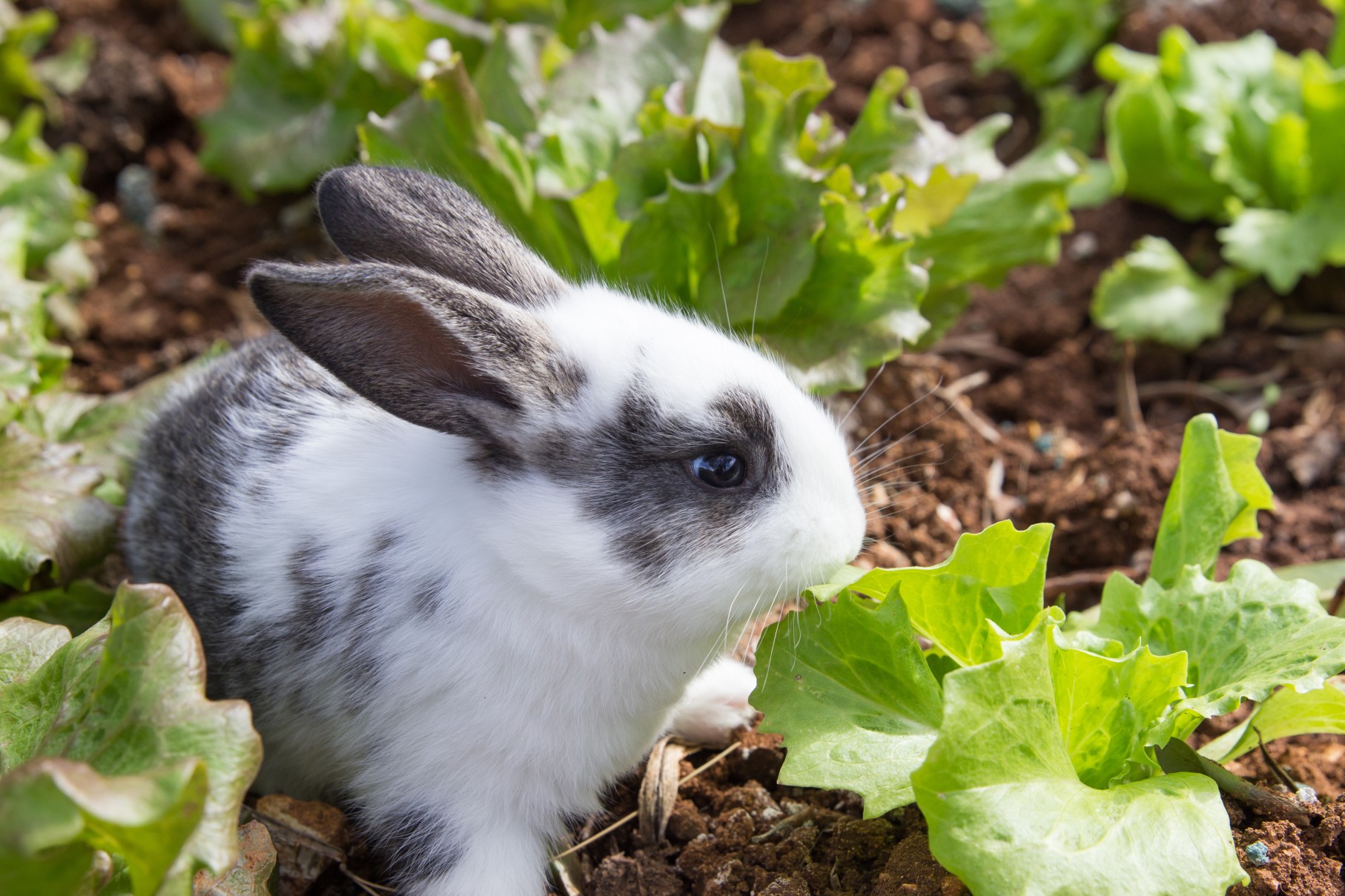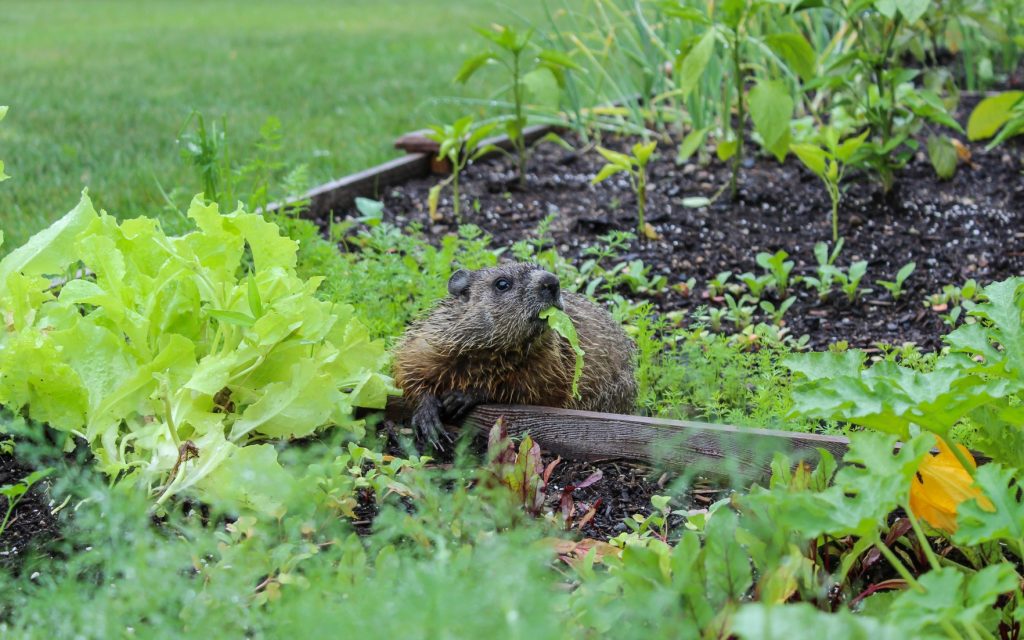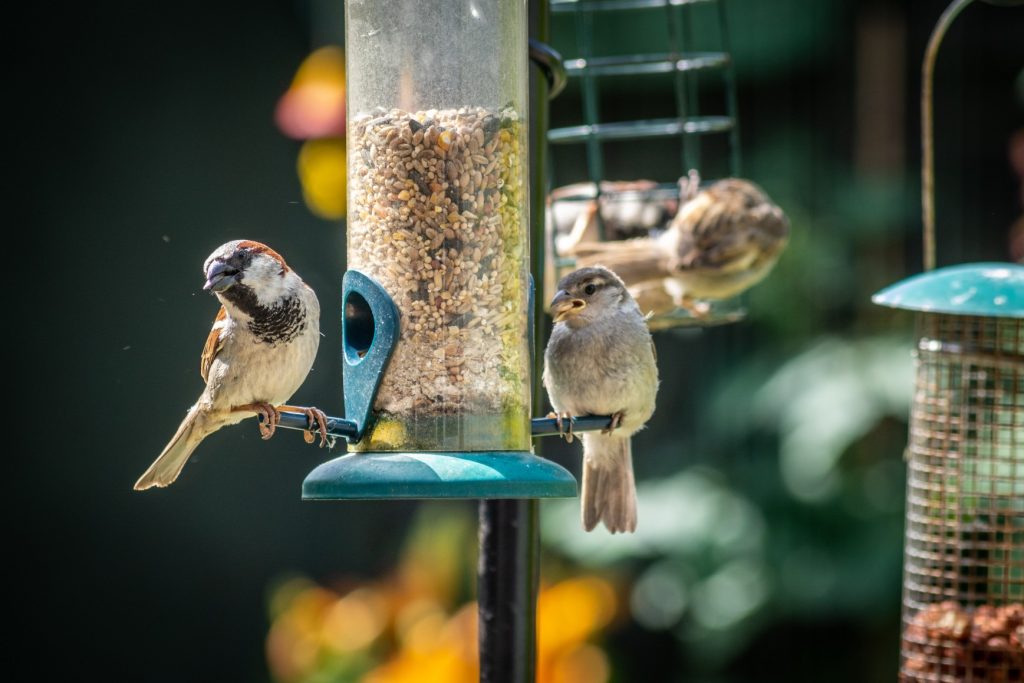How a Rainy Night and Beyoncé Kept DC Metro Running
August 9, 2023
In the captivating world of music and entertainment, artists wield a unique power that extends beyond the boundaries of the stage, leaving an indelible mark on the hearts and minds…

Having a garden is a delightful way to connect with nature and enjoy the beauty of the outdoors. However, it’s not uncommon for wildlife to venture into your garden, causing damage to plants and disrupting your carefully nurtured space.
Fortunately, there are safe and humane methods to keep wildlife out of your garden while preserving the delicate balance of nature. It is, therefore, critical to explore some effective strategies that will help you protect your garden without causing harm to the animals that share the environment.
Before effectively protecting your garden from wildlife, you must identify the animals causing the damage. Different animals have different preferences and behaviors, and understanding their habits can help you determine the best deterrents.
Some of the most common garden intruders include:
•Deer: These majestic creatures can devour your plants in no time, leaving behind a trail of destruction.
•Rabbits: Cute but relentless, rabbits have a penchant for nibbling on tender foliage and young shoots.
•Squirrels: These agile climbers can wreak havoc by digging up bulbs and stealing fruits and nuts.
•Birds: While many birds are welcome visitors, some can cause damage by pecking at fruits and vegetables.
•Groundhogs: Also known as woodchucks, these burrowing animals can decimate your garden by eating vegetation and creating tunnels.

Once you’ve identified the specific animals causing damage to your garden, you can implement safe and effective deterrents. Here are some latest trends in garden protection:
Here are some options to consider:
Scarecrows and decoys can create the illusion of a predator, deterring animals from approaching your garden. Place scarecrows or statues of owls, hawks, or snakes strategically throughout your garden to intimidate pests.
However, it’s essential to regularly change the position and appearance of these scare tactics to prevent animals from becoming habituated to them.
Many animals have a keen sense of smell, so strategically placing repellents can be an effective deterrent. For example, strong-smelling plants like lavender, marigold, or mint can help repel pests.
Additionally, some animals are sensitive to certain scents, like citrus or pepper. Spraying diluted solutions of these scents around your garden can discourage unwanted visitors.
Some plants have natural compounds that repel certain animals or insects, making them less likely to be eaten or damaged. For example, deer-resistant plants include daffodils, lavender, and marigolds, while plants that deter rabbits include sage, thyme, and rosemary.
Similarly, planting flowers with strong scents, like peppermint, citronella, and garlic, can help keep insects and pests away from your garden.
You can encourage the wildlife to stay away from your plants and property by providing food, water, and shelter. For example, you can install bird feeders, baths, and nesting boxes to attract birds to your yard.
You can create a separate area for wildlife to graze, like a meadow or a wildflower garden. By providing a natural habitat for animals, you can reduce their need to search for food and shelter in your garden.

Maintaining a healthy ecosystem in your garden is crucial for preventing unwanted pests. Encourage natural predators like birds, ladybugs, and beneficial insects by providing nesting areas and planting flowers that attract them.
Avoid using chemical pesticides and herbicides since they can harm not only the pests but also beneficial insects and the environment.
Companion planting involves growing specific plants together to benefit one another. Some plants have natural repellent properties that help keep pests away. For example, planting marigolds or nasturtiums alongside your vegetables can repel insects and critters due to their strong scent.
Similarly, intercropping with aromatic herbs like basil and dill can confuse pests with their scents, making locating their desired plants harder. Research companion planting techniques suitable for your region and crop preferences to maximize effectiveness.
Motion-activated devices, like sprinklers or lights, startle wildlife when they approach your garden. Motion-activated sprinklers will release a sudden burst of water when triggered, scaring away animals. They are harmless but effective at keeping larger creatures like deer, raccoons, and birds at bay.
Animals like raccoons and skunks are nocturnal and are more likely to stay away from well-lit areas. A sudden burst of light can make them think twice about entering your garden.
Keeping your garden well-maintained can discourage wildlife from taking up residence. Regularly prune trees and shrubs away from fences or structures, eliminating potential bridges for animals to access your garden. Removing fallen fruits, seeds, and other organic debris will also reduce the attraction for wildlife.
Ultrasonic devices emit high-frequency sounds unpleasant to animals but inaudible to humans. These devices effectively repel various animals, including deer, raccoons, squirrels, and rodents. Strategically place them around your garden to create a deterrent zone.
Protecting your garden from wildlife while maintaining a harmonious coexistence is achievable through safe and humane methods. By identifying the specific animals causing damage and implementing appropriate strategies, you can safeguard your garden without causing harm to the animals.
With these practical measures, you can enjoy the beauty of your garden while preserving the delicate balance of nature.